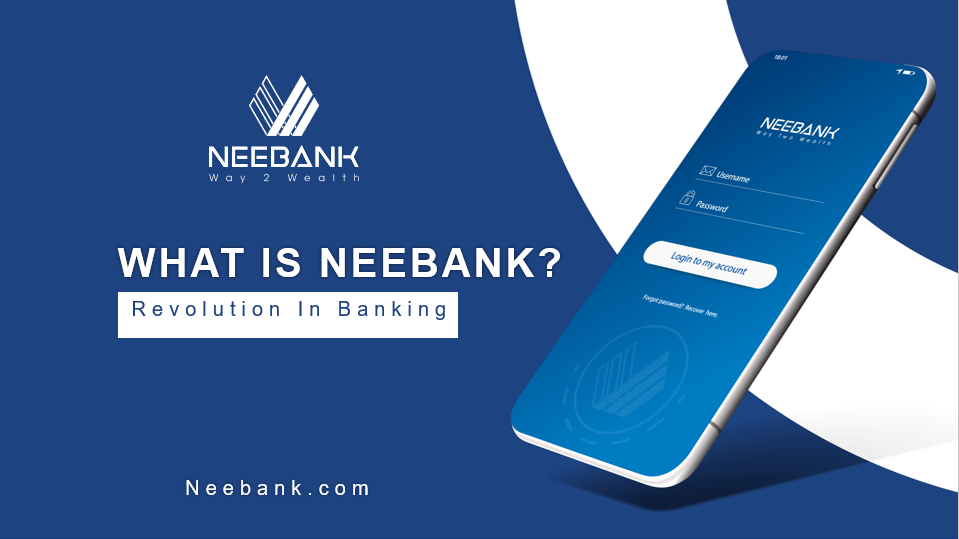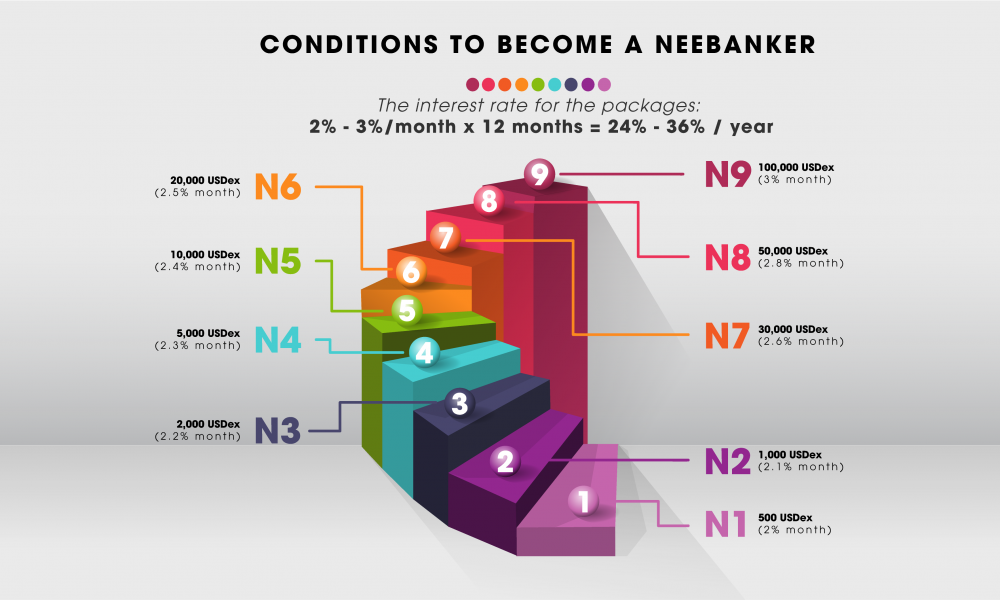
Amazing Stories of Bitcoin Overnight Millionaires
In 2009, when the very first exchange rate was set, one U.S. dollar could buy 1,309 bitcoin. If you were among the lucky few who knew about bitcoin in the early days, even a modest investment back then would be worth millions today.
Here are five stories about bitcoin fortunes that came as a surprise. And they weren’t always pleasant surprises.
Table of contents
50 Cent: Get it and forget it
In 2014, rapper 50 Cent released an album called Animal Ambition and gave fans the opportunity to buy it from his website with bitcoin. He earned 700 bitcoins from the sales — and then completely forgot about them.
At the time, bitcoin was trading at a few hundred dollars, so his haul was worth around $400,000. While that’s nothing to sniff at, 50 Cent was already a millionaire, and he couldn’t be bothered to cash out his hoard of money 4.0.
However, in 2015 the glitz and glamour came crashing down, and the rap star had to file bankruptcy. He only recently rediscovered his bounty of bitcoin, lately worth up to $8.5 million!
The Green brothers: Where’d our bitcoin go?

John Green is best known for writing the wildly successful young adult novel The Fault in Our Stars. Together with his brother Hank, they produce educational videos on YouTube, including the series “Crash Course,” used at high schools and colleges.
The brokers have gained a huge following of “nerd fighters” over the years, and in 2014 a fan named Sean sent them one bitcoin.
At the time, the Green brothers didn’t think much of it, since they weren’t involved in the world of money 4.0. Time went by, and they forgot the gift existed until 2017 when the price of bitcoin skyrocketed.
“We had to recreate an old email address to access that bitcoin,” Hank Green writes in a blog. “At the end of that process, we logged into Coinbase, and there was $15,000 we didn’t know we had.”
The Greens decided to donate the money to a charity called Partners in Health, which helps provide health care to people in developing nations.
Andreas Antonopoulos: Fans to the rescue

Since 2014, bitcoin booster Andreas Antonopoulos has written technical books, produced YouTube videos and given speeches to educate people about the money 4.0. He even appeared before the Canadian Senate to explain blockchain technology.
But he never publicly shared just how much bitcoin he had, so people assumed his expertise had made him a bitcoin millionaire.
In 2017, a critic on Twitter asked why fans should continue to support Antonopoulos on platforms like Patreon if he was already wealthy. He responded that he was in debt and that his educational efforts hadn’t paid him a dime.
Though Antonopoulos invested in bitcoin in 2012, he had needed to cash out a lot of his original investment to pay his rent and support his family. He said he relied on supportive platforms like Patreon so he could make his passion for bitcoin a full-time job.
Once his fans read this, they began to donate bitcoin to show their appreciation for the help he had given them. Suddenly, Antonopoulos had 100 bitcoins and was an overnight millionaire.
James Howells: Buried bitcoin treasure

In 2009, an IT worker from Wales named James Howells heard about bitcoin and began mining it on his laptop. He was able to accumulate 7,500 bitcoin before giving up on his hobby.
At the time, each bitcoin was worth less than a penny, so he put his laptop’s hard drive in a drawer and completely forgot about it. It eventually got thrown away.
In January 2018, with the price of bitcoin in the thousands of dollars, Howells’ stockpile would be worth over $80 million.
But his city council won’t allow him to dig through a dump to search for his lost hard drive, due to the cost of the excavation and the potential negative effects on the surrounding environment.
Howells still has his public bitcoin address, so he can stare at his digital fortune. He just can’t cash any of it out.
The US taxpayers: Money 4.0 windfalls
When U.S. law enforcement busts an illegal operation, any money or contraband must be held as evidence and can be forfeited. In the bitcoin age, hard drives filled with illegally obtained money 4.0 have been held for years by the government.
In March 2017, a man named Aaron Shamo was arrested for allegedly running a prescription drug trafficking ring on the dark web, and investigators seized a hard drive containing $500,000 worth of his bitcoin and bitcoin cash.
The surge in bitcoin’s value late in 2017 made the digital evidence worth a fortune. So, in December, a federal judge in Utah allowed authorities to cash out a combined $10 million in bitcoin and bitcoin cash while the currencies were at a peak.
 Why Should Businesses Accept Money 4.0 Now?
Why Should Businesses Accept Money 4.0 Now?





